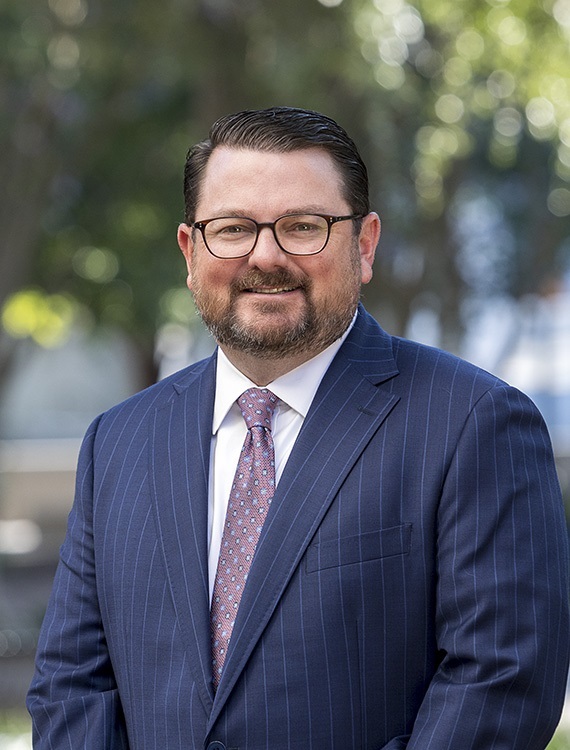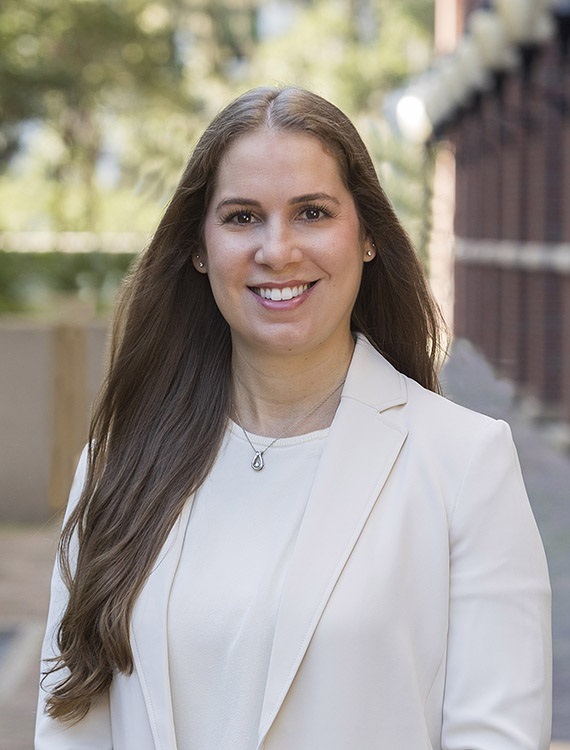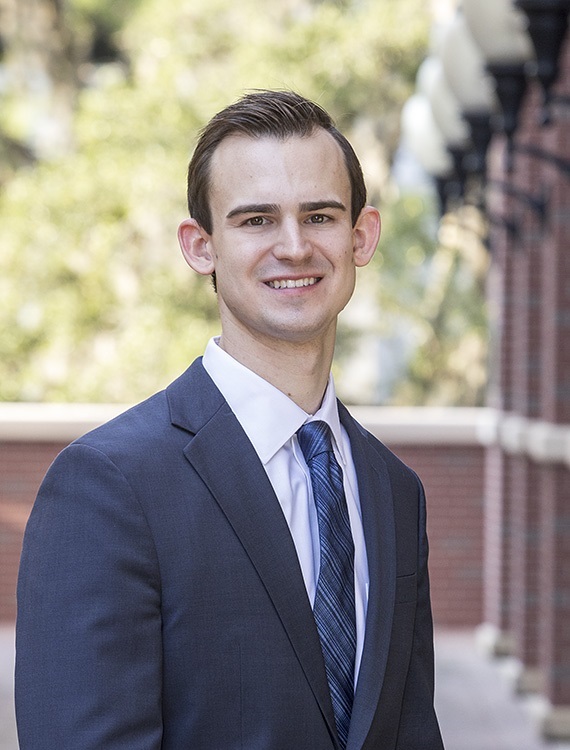Legislators to address Citizens rates
It’s the topic that never seems to go away in Florida: Insurance.
And that topic is providing plenty of fodder for legislators during the current session. Lawmakers will have to decide how to provide the state-created insurer Citizens Property Insurance Corp. with rates that are commensurate with the risk it assumes. They will also have to find a way to plug an $18 billion hole in the state’s Hurricane Catastrophe Fund, which provides backstop insurance to private insurance companies throughout the state, as well as Citizens.
One way or another, consumers will likely have to bear some of the cost, experts say.
As part of Florida Gov. Charlie Crist’s get-tough stance on property insurance rates, Citizen’s rates were frozen at their December 2006 levels beginning in 2007.
But that rate freeze ends in December, regardless of what the Legislature decides to do about making Citizens actuarially sound – meaning that its rates accurately reflect what it can expect to pay out in the aftermath of a major storm.
Christine Turner, director of legislative and external affairs for Citizens, says data is being gathered by Citizens, the state’s largest property insurer, to begin putting together a rate proposal for approval by state regulators.
“Regardless of what the Legislature does, we have to make a rate filing on or after July 15, to be effective no sooner than Jan. 1, 2010,” Turner said.
Back in 2007, Citizens was asked to arrive at a theoretical rate increase it would need to be actuarially sound, Turner said.
Those figures hint at the minimum Citizens might need in the way of a rate increase today, Turner said.
“The estimates were everything from 12.6 percent to 56 percent,” Turner said. “That’s what we indicated using data from two years ago. So here we are in 2009, so I think it would be at least in that range if not more.”
State Rep. Ron Reagan, R-Bradenton, said he believes the Citizens rate disparity must be addressed.
“We need to address Citizens rates from an actuarially sound viewpoint,” Reagan said. “We require that for every company in the state of Florida except Citizens.”
Reagan and others are advocating a stair-step approach to implementing rate increases.
“If we can do it over a period of time, like two years, we can work on getting it actuarially sound,” Reagan said. “We don’t have to shock everyone. We can take a glide path.”
Reagan, an insurance agent, said it’s also imperative to find a way to shore up funding for the CAT Fund.
“This week the Cabinet is talking with Berkshire Hathaway, which is Warren Buffet’s group, to see about getting some pre-event funding,” Reagan said. “We’ll probably have a proposal in a week or so, just to be prepared.”
Last year, Florida pursued that approach and paid Berkshire Hathaway $224 million in the form of an options contract that would have provided $4 billion to the CAT Fund in the event of a storm emergency.
The option was never exercised, but Buffet’s company got the money anyway.
Florida Insurance Commissioner Kevin McCarty and other state leaders also areo pursuing a line of credit from the federal government to help shore up the CAT Fund, which currently has about $10.5 billion in cash and bonding capabilities to pay future claims.
Reagan said another option that could be looked at is assessments on insurance premiums, even though that idea is not popular with consumers.
“I‘d like to see a buck or two on every policy with that money going into the Cat Fund to help build the cash value of the fund,” he said.
Jeff Grady, president of the Florida Association of Insurance Agents, said disparities in Citizens’ rates and the funding of the CAT Fund have to be addressed sooner rather than later, because the next big storm could come any time.
“You can’t keep defying the odds,” Grady said. “I think people are almost universally of the view that those rates are underpriced and they have to start to increase because the potential deficits that could occur and the resulting assessments would be devastating to everybody. As time moves by and those rates remain frozen, they continue to be more and more out of touch with what it would cost to cover the losses.”
John Laurie, vice president and agency manager of BB&T-Wyman, Green & Blalock insurance in Bradenton, agrees.
“I’ve said for a long time that the rates in Florida are really being managed at a political level, as opposed to a prudent risk-management level,” Laurie said. “It was prudent for our leaders to do that when there were rates that were putting a lot of pain on the consumer and the economy of Florida.”
But sooner or later, another storm will come and the cost could be dramatic, Laurie believes.
“We’re fooling ourselves,” he said. “We’re paying a lower rate today for the coverage, but in the event a storm hits, we’re paying a higher rate in assessments later. It’s not if it happens, it’s when it happens.”












